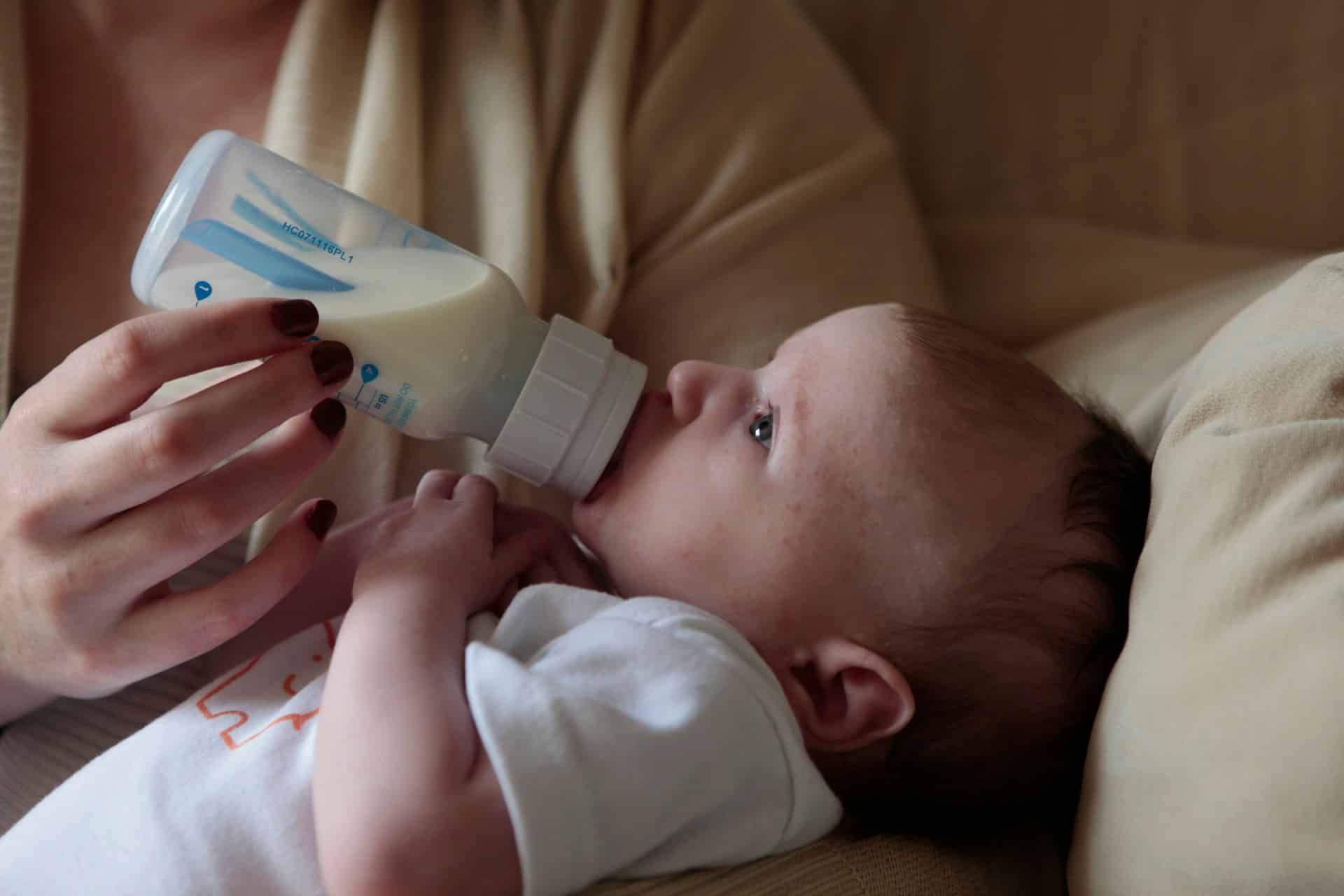In March, Health and Human Services (HHS) Secretary Robert Kennedy unveiled Operation Stork Speed, a pivotal initiative that aims to enhance the quality, safety, and nutritional adequacy of infant formula in the United States. This marks a significant re-evaluation of infant formula standards since 1998, a period during which our understanding of nutrition has evolved significantly.
Kennedy emphasized the urgency of this undertaking in his statement: “The FDA will use all resources and authorities at its disposal to make sure infant formula products are safe and wholesome for the families and children who rely on them. Helping each family and child get off to the right start from birth is critical to our pursuit to Make America Healthy Again.” It’s a promise that resonates deeply with parents navigating the complexities of infant nutrition.
Under the guidance of Marty Makary, the FDA is tasked with several critical initiatives as part of Operation Stork Speed. These initiatives include revisiting nutritional requirements, ramping up testing for heavy metals and contaminants, improving labeling clarity, reassessing marketing claims, and fostering scientific research on the impact of formula feeding on both immediate and long-term health outcomes.
During a recent session, Makary convened a panel of experts to listen and brainstorm ways to enhance infant formula options and production in the U.S. He aptly noted that modern mothers are seeking more variety in infant formula, particularly options without seed oils, corn syrup, or added sugars. It’s essential to recognize that many infant formulas do meet these criteria, and innovation in this space is not only needed but welcomed.
It’s worth clarifying that corn syrup, often a source of confusion, is a simple sugar derived from corn and plays a role in providing necessary carbohydrates for infants unable to digest lactose, the primary carbohydrate in both breast milk and most standard infant formulas. Importantly, no infant formula on the U.S. market contains high fructose corn syrup (HFCS), a product often wrongly conflated with corn syrup.
Seed oils, which are increasingly scrutinized by parenting communities, provide necessary fat content that is crucial for an infant’s growth. They are also incorporated into many European formulas, often perceived as superior by some parents. Yet, the landscape of infant formula has seen little innovation for decades, prompting Makary to call for a comprehensive reassessment of how we nourish our youngest and most vulnerable populations.
He highlighted a shared goal among stakeholders: fostering collaboration rather than competition in improving infant nutrition. “There are no malicious actors in this space,” he stated, urging a collective effort to navigate the complexities of infant formula development.
Over a two-hour discussion, the panel explored how to enhance the formulation, production, and distribution of infant formula. They reflected on the challenges faced during the formula shortages of the Covid-19 pandemic, which left many families in distress as they struggled to find reliable food for their babies. While looking to the regulatory practices of Europe, Canada, and Australia for insights, experts urged caution against blanket adoption of foreign regulations without careful consideration of U.S. contexts.
The conversation also touched on the need for heightened regulations around formula marketing. Michael Goren, a pediatrics professor at the Keck School of Medicine, underscored the problematic addition of carbohydrates not found in breast milk over recent decades. While some of these ingredients are necessary for certain infants with specific dietary needs, he stressed that lactose remains the preferable carbohydrate choice for most babies.
“Lactose is the sole carbohydrate energy source in breast milk,” he explained. “Glucose, on the other hand, is handled quite differently by the body.” This distinction is vital for parents to understand, especially when faced with marketing claims that may lead them to question the suitability of traditional formulas.
Overall, the dialogue was not a rejection of American-made infant formulas, as some might have anticipated. “The most important takeaway for the public is that infant formulas available in the U.S. are safe, effective, and have supported the healthy growth of tens of millions of babies,” affirmed Steven Abrams, a pediatrics professor at the University of Texas at Austin. “Our goal here is to improve what is already a very effective product. Families don’t need to look overseas for safe options; many dependable choices are already available.”
Looking ahead, while the specific implementation of the proposed initiatives remains uncertain—especially in the context of anticipated HHS budget cuts—a public commenting period for scientists and researchers will carry on through September 11. This open dialogue invites further input and emphasizes the ongoing commitment to enhancing infant nutrition across the country.
Through this process, parents can take heart knowing that their concerns are being heard and addressed, reminding us all that collaboration in nurturing our children is imperative to fostering a healthy future.
Image Source: Unsplash



































